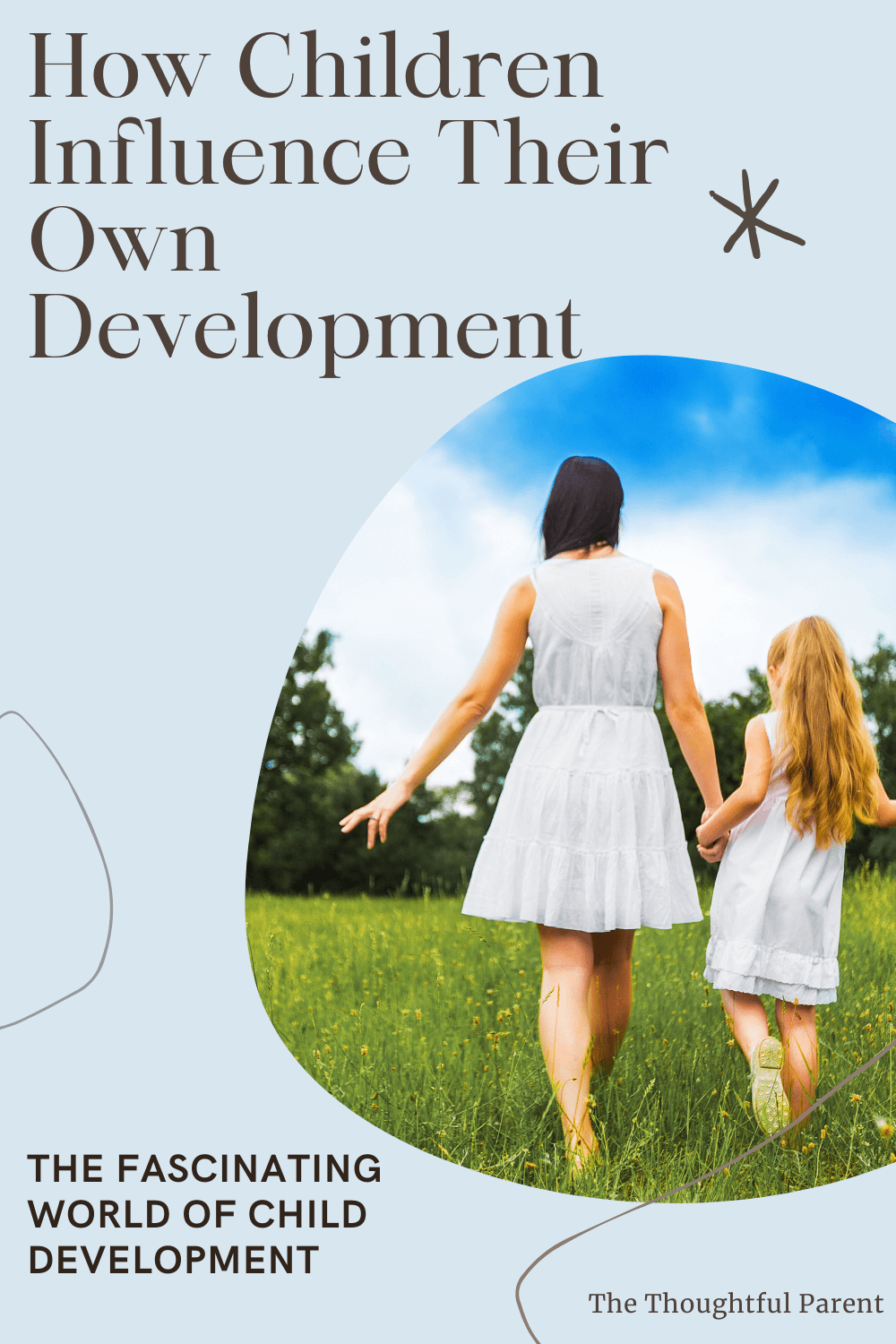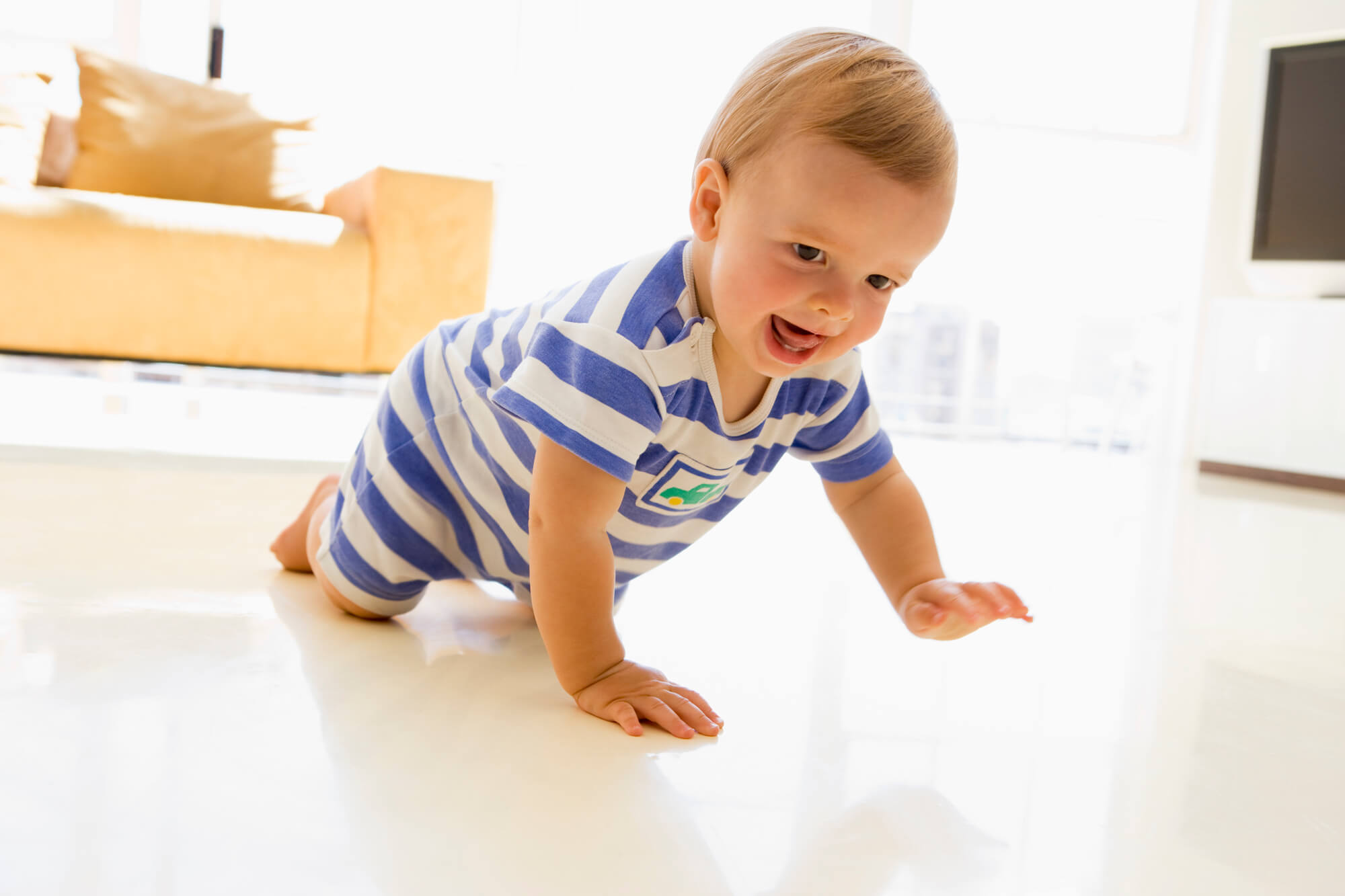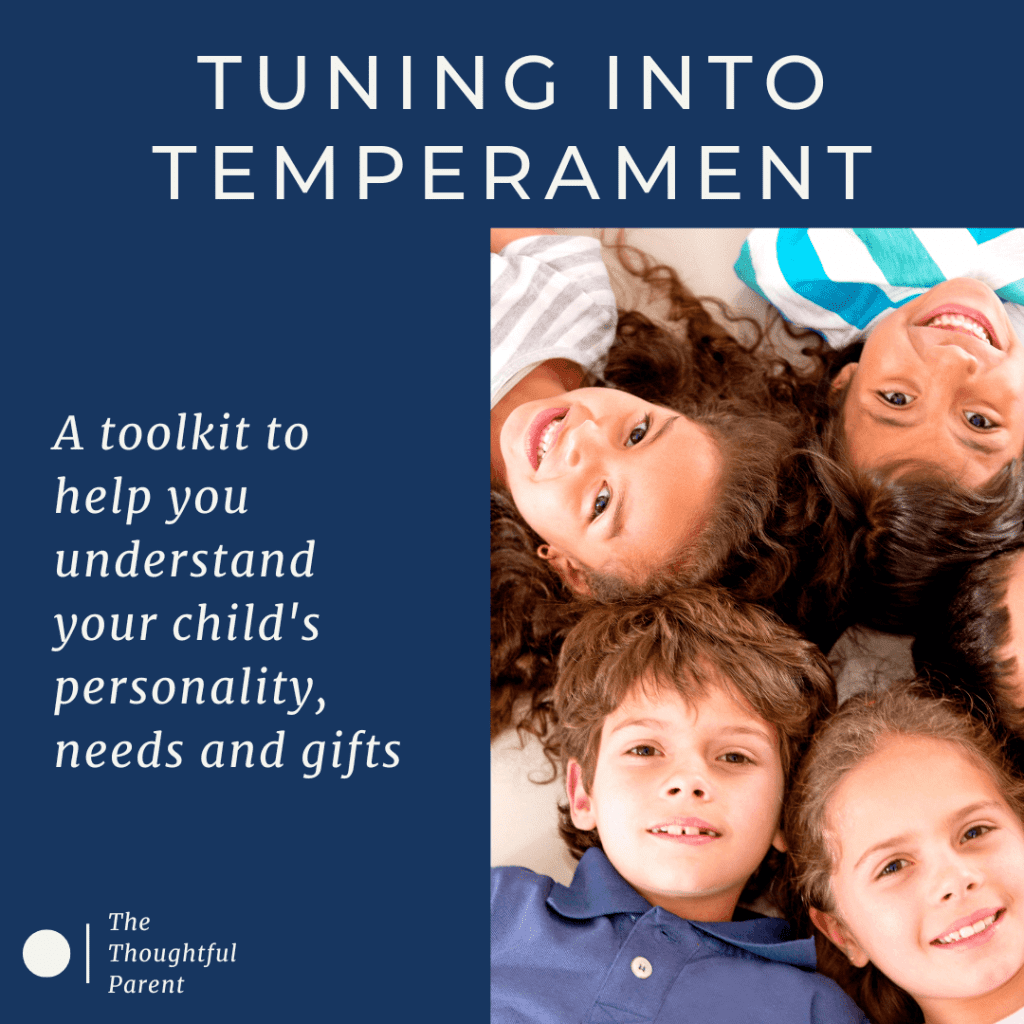Summary: Understanding child development and parenting research can help us as we raise our children but it doesn’t tell us everything.
Soon after my first son was born, I realized just how little about child development and parenting I knew. Sure, I had a Doctorate in Human Development and Family Sciences. I knew how children develop and the important role that parents play. But all this book knowledge didn’t prepare my heart for when he cried for long stretches. It didn’t tell me what to do when he wouldn’t sleep.
Child development research can tell us a lot, but it can’t tell you how to parent your unique child. Then what’s the point of reading blogs like this one? Child development research is all about understanding the typical or “average” track of children’s development. This is helpful, as it turns out, in understanding how your child will progress (in a general sense) through the different phases of development. As a parent, it’s useful to know approximately when your child might walk, talk, understand emotions, and all the little stages of development they will experience.

Personally, I think this knowledge of child development becomes most useful and powerful when combined with your innate parental intuition. Some knowledge of child development, along with your parenting intuition,n makes many parenting decisions easier to face. For example, I have a good understanding of the research on children’s temperament. When my own son was born and he was sensitive, “jumpy” and not very easy to soothe, I combined this knowledge with my own observation and intuition about my son to understand his needs and personality much better. This helped my parenting so much!
Sign up for the Thoughtful Parent newsletter on Substack!
This bringing together of child development and parenting (along with your intuition) is what this blog is all about.

What is the Parent’s Role in Child Development?
Before I became a parent, I used to think that a parent’s role in child development was huge. After all, in all those studies of children’s development, the influence of the parent is almost always included—is the parent’s discipline harsh or gentle, how does the parent speak to or interact with the child? It’s true that a parent’s role in their child’s development is significant.
But what if the child has an equally crucial role in their own development? This is the line of research that blew me away! How children interact with the world, how their unique personality elicits different reactions from those around them, also play a huge role in their development. In the research world, this is what we call “child effects.” To take it one step further, we are now able to understand the role of genetics in how kids develop. The subtle interplay between a child’s genetic predispositions, their interaction with their environment, and the role of parents is complex and fascinating.

How Can Parents Support a Child’s Development?
Parents play a crucial role in helping children develop. We foster an environment in which child development occurs. At the most basic level, we must provide the “ingredients” necessary for development to occur. This, of course, includes things like food, shelter, and clothing. Beyond that, humans require love, nurturing and modeling to develop the more complex social-emotional and cognitive skills needed to survive and thrive.
In our modern world, these basic expectations of parents have been expanded widely. It’s helpful to approach parenting with understanding and grace, also knowing that parents don’t control all of their children’s development. Each child develops along their own path, and while we can support this process, we are not always aware of the other factors at play.
To sum it up, parents do play an important role in their children’s development, but we don’t always know what particular influence that is. The decisions we make each day about issues like feeding our child organic baby food or conventional, choosing one school over another school, enrolling them in sports or music—all these decisions do matter, but perhaps not in the ways we think. Maybe it’s not the school’s curriculum that will affect our child’s development so much as the peers in the school. Maybe it’s not the type of baby food that will influence our child’s development, but rather his sensory issues related to food. We can’t know all these factors when we make decisions. All we can do is make the best decision based on all the information we have at the time.
I love this video and how the researcher explains these complex child development and parenting interactions:
What are the 5 Main Areas of Child Development?
In terms of studying child development, the primary skills are generally broken down into the 5 categories below. Included below each category are articles from this blog related to each one.
Cognitive Development:
The development of the brain and how kids learn, think, and process information.
- Classic Baby Books that Boost Brain Development
- Why Play is Still the Best Way to Spark Your Child’s Development
- The Key to Making Sense of Your Child’s Crankiness: Understanding Toddler Growth Spurts
- The Myth of “the Mozart Effect”: When Good Research and Bad Journalism Combine
- Toddler Toys That Will Boost Children’s Development {and they’ll love for years!}
- The Most Underrated Brain-Boosting Toy in your Kids’ Toy Box
Social-Emotional Development:
The development of children’s skills in recognizing, coping with and controlling their emotions and those of other people. Skills in interacting with others.

- In a Divisive World, Raising an Emotionally Intelligent Kid is a Powerful Act
- Fun, Meaningful Kids’ Gifts that Promote Kindness
- Why the Moral Development of Toddlers Matters for All of Us
- Toddlers Have Big Emotions. Insight from Research on How to Respond
- Children’s Emotional Intelligence: How to Develop those Crucial “Soft Skills”
- 15 Acts of Kindness for Kids: Ideas for Developing Emotional Intelligence {plus a FREE printable}
- Toys for Emotional Development: Gifts that Keep Giving
- The Secret to Raising Happy Kids: Don’t Focus on Happiness
- 3 Top Tips for Raising a Kind Child: Realistic Ideas for Parents
Speech and Language Development:
The development of language, using language and speaking to others.
- The Hidden Power of Picture Books for Older Kids
- The Fascinating Reason Why You Should Care About Your Baby’s Babbling
- Classic Baby Books that Boost Brain Development
- Electronic versus Traditional Toys: What They Mean for Infant Development
- The Scientific Reason Little Kids Love Repetition {and how it helps language development}
- Self-Regulation in Toddlers: Why Language Matters More for Boys
- Toddlers Really Do Have Their Own Language
Gross Motor Development:
The development of large muscle groups that control walking, sitting and lifting the body.
- Toddler Toys That Will Boost Children’s Development {and they’ll love for years!}
- Surprisingly Helpful Calming Activities for Super-active Kids

Fine Motor Development:
The development of smaller muscle groups that control hand and finger movements.
- Toddler Toys That Will Boost Children’s Development {and they’ll love for years!}
- Why Art and Crafts for Boys Still Matter for Child Development
Child Development and Parenting in Action
Research is great, but unless it informs how we parent, it might as well stay locked in an academic journal on a library shelf. Part of my mission here is to help parents see how to combine child development research with their innate parenting intuition to make the best possible decisions for their families.
Classic theories and studies
Attachment theory
- The Thoughtful Parent’s Guide to Attachment Theory
- The Parent’s Guide to Understanding the 4 Attachment Styles
- How Breaking the Attachment Parenting “Rules” Taught Me One of the Best Lessons
Learn more about your child’s temperament with this NEW toolkit for parents
Temperament
- More Evidence that “Difficult” Babies are Most Influenced by Parents
- Difficult Temperament ≠ A Child Destined for Problems: Good Parenting is Key
- Why Your Child’s Temperament is the Key to a Better Relationship
- The Lifelong Reach of a Baby’s Temperament
Infant development

- How to Survive Colic: Reflections from Science
- Traditional vs. Electronic Toys: What They Mean for Infant Development
- Say it Again: Repetition Aides Language Development
- The Sleep Training Debate and Poor Journalism = A Bad Combination
Like any study of human nature, the study of child development and parenting is a fascinating complex mingling of genetics, interpersonal interactions, and unseen factors. Hang on for a crazy but fulfilling parenting journey!



